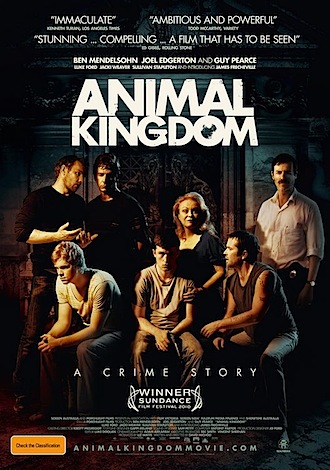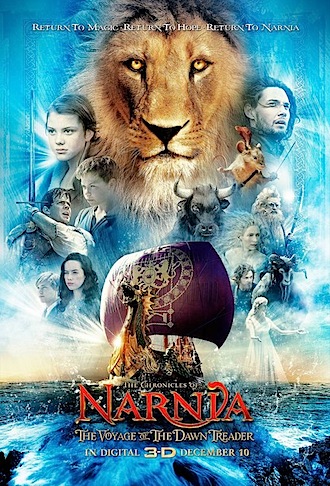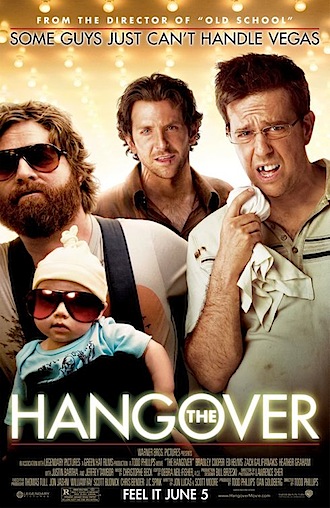It’s American election year and those mealy-mouthed Hollywood liberals have fired the first shot in their attempt to influence the result. In The Campaign, Will Ferrell plays Will Ferrell playing…
Read More

So, after trawling through the many thousands of words written about cinema in these pages this year, I suppose you want me to come to some conclusions? Do some “summing…
Read More

After the unusual occurrence last week of actually liking everything, regular readers will be reassured that normal nit-picking service is resumed this week. Firstly, The Chronicles of Narnia: The Voyage…
Read More

My big beef with most eco-documentaries is the lack of hope. Whether it’s Rob Stewart (Sharkwater), Franny Armstrong (The Age of Stupid) or even Leonardo DiCaprio (The 11th Hour) most…
Read More

I can just imagine the Monday morning when a development executive stumbled across the script of The Hangover. It wouldn’t have taken him long to realise that he’d discovered modern…
Read More

It isn't online at the Cap Times, so I thought I would archive my interview with The Visitor star, Richard Jenkins here. I spoke with Richard by phone last Sunday…
Read More
